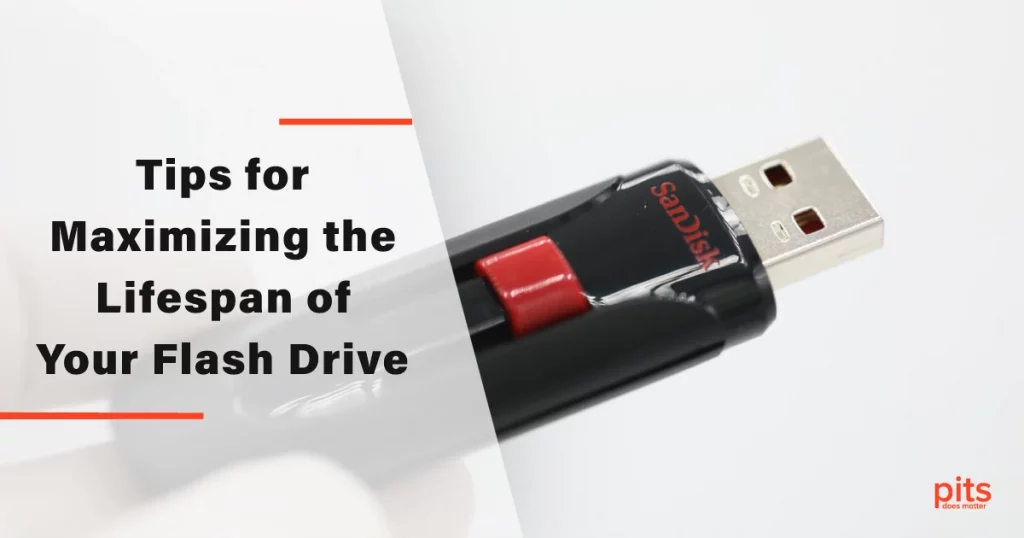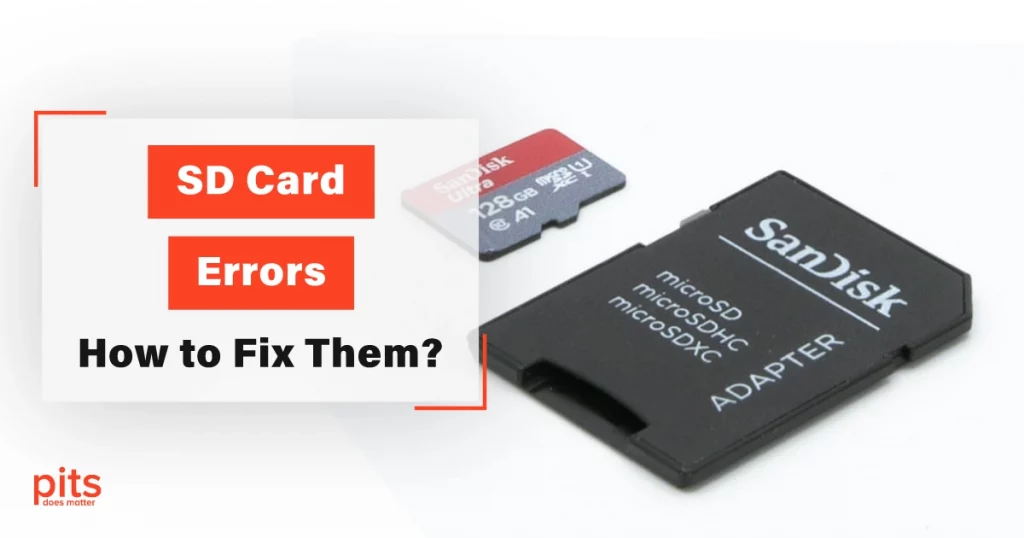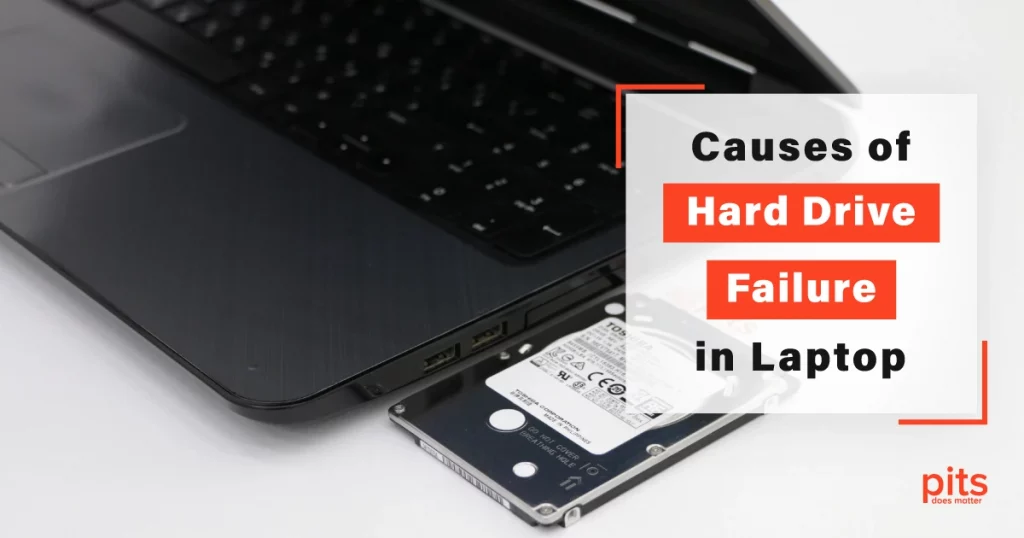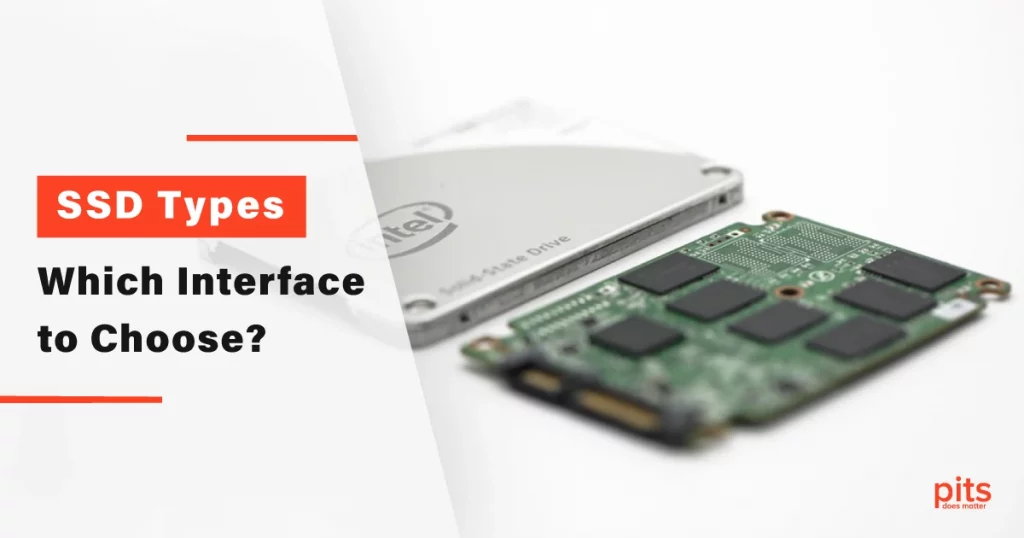Data Recovery Blog: Tips & Guides
Discover the latest tips, guides, and success stories from our data recovery experts. Whether you’re dealing with damaged drives, lost files, or system failures, our blog offers valuable insights to help you protect and recover your data. Stay informed and take control of your data recovery journey with proven techniques and advice from industry professionals.
When it comes to data storage and protection, implementing a reliable RAID (Redundant Array of Independent Disks) configuration is crucial. RAID combines multiple physical hard
USB flash drives have become an essential tool for storing and transferring data in our digital lives. However, like any electronic device, flash drives have
At PITS Global Data Recovery Services, we understand the critical role that a boot drive plays in the functionality of your computer. It is not
Some people find questions like how to format an SD card daunting. SD cards have become an essential storage medium for various devices, including cameras,
Solid State Drives (SSDs) have revolutionized the world of data storage, offering faster performance, improved reliability, and enhanced efficiency compared to traditional hard disk drives
SD cards are the preferred storage devices for digital cameras, smartphones, and other gadgets due to their compact size and high capacity. However, like any
Solid-state drives (SSDs) are becoming increasingly popular storage devices for computers, servers, RAIDs, and other devices. Unlike traditional disk drives (HDDs), SSDs use flash memory
Hard disk drives (HDDs) have come a long way since their introduction in the 1950s, with modern drives capable of storing terabytes of data. The
In the world of data storage, RAID (Redundant Array of Independent Disks) technology is a commonly used method of increasing data reliability and performance. At
Laptop computers have become an essential part of our daily lives. They store a significant amount of data, which includes documents, photos, videos, and music.
RAID 1, also known as “mirroring,” is a type of RAID (Redundant Array of Independent Disks) that involves creating an exact copy of data on
Solid State Drives (SSDs) have been gaining popularity in recent decades because of their ability to deliver high-speed data transfer and storage capabilities. Compared to











